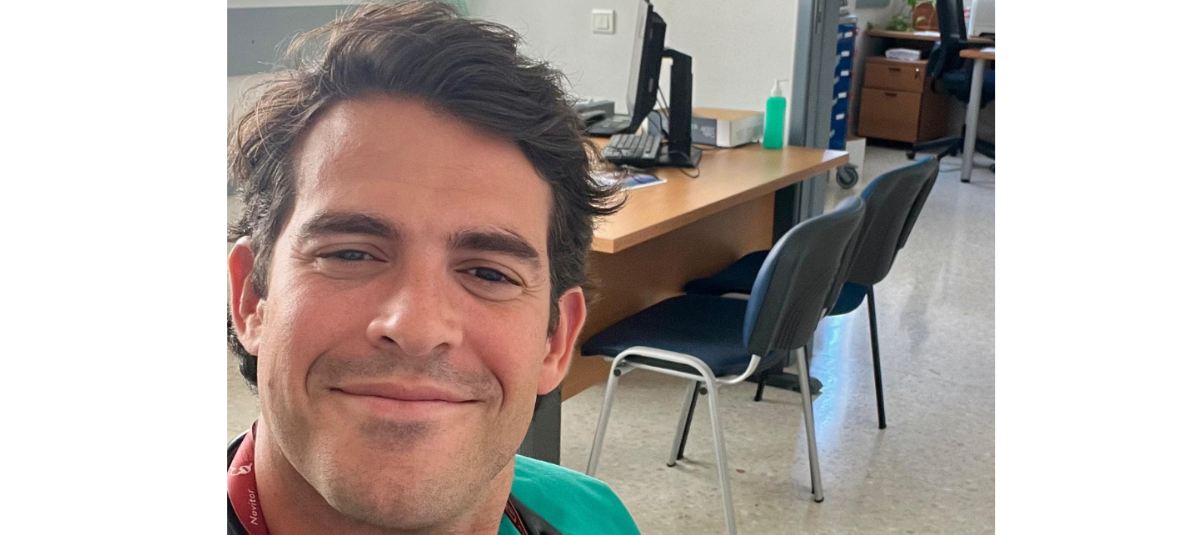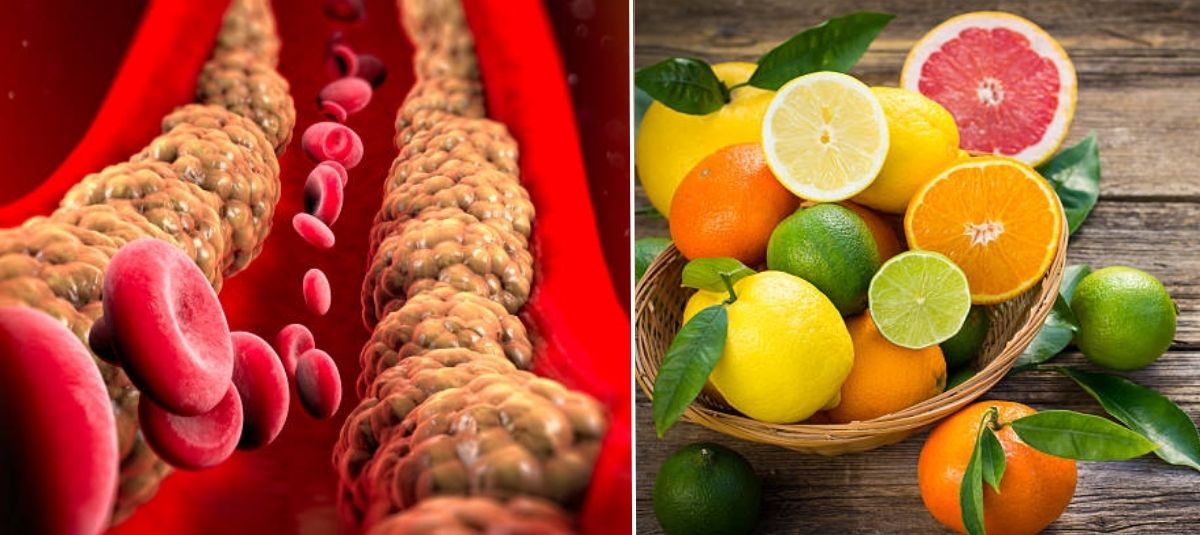Cardiologist reveals the three reasons why your cholesterol is high, even if you don't eat fat and take care of yourself: 'You'll be surprised'

Cardiologist and influencer Aurelio Rojas explained that there are causes of high cholesterol that are not directly related to fat intake.
According to the specialist, many people maintain a healthy diet and still have high cholesterol levels, which may be due to internal body mechanisms, such as liver production or hereditary factors. "You're going to be surprised," he wrote on social media.
Cholesterol is an essential fatty substance for the body, produced mostly by the liver. However, when its concentration in the blood exceeds recommended levels, especially of the LDL type (known as "bad" cholesterol) , the risk of cardiovascular disease increases.

This is explained by cardiologist Aurelio Rojas. Photo: Social networks.
Rojas points out that more than 70% of blood cholesterol doesn't come from food, but is produced by the body itself. When not enough fat is consumed in the diet, the liver can compensate by increasing its production, especially in the presence of inflammation or a genetic predisposition.
One of the most common causes is familial hypercholesterolemia, an inherited disorder in which the body fails to properly eliminate LDL cholesterol due to a defect in the liver receptors responsible for processing it.

Cholesterol is a waxy, fat-like substance found in our cells. Photo: Istock
The specialist warns that excess simple sugars, refined flours, and ultra-processed products can stimulate hepatic lipogenesis, i.e., the production of fats within the liver.
This means that even if you don't consume visible fat, a diet rich in sweets, sugary drinks, or "light" foods with added sugars can increase triglyceride and LDL cholesterol levels , while reducing HDL, known as "good" cholesterol.

Sugar as an indirect source of cholesterol Photo: iStock
Another relevant cause is genetic predisposition. Some people have hereditary disorders that make it difficult for the liver to eliminate LDL cholesterol. In these cases, diet has a limited impact, and early diagnosis is key to avoiding complications.
This type of dyslipidemia often requires early drug treatment, as levels can be dangerously high from childhood or adolescence, without an obvious lifestyle-related cause.

This is what you should know. Photo: iStock
Cholesterol buildup in the arteries can lead to the formation of plaques that impede blood flow. This can lead to serious cardiovascular events, such as heart attacks or strokes.
For this reason, specialists recommend regular screening, even for people who maintain healthy habits, to detect any changes early.
El Universal (Mexico) / GDA.
More news in EL TIEMPO *This content was rewritten with the assistance of artificial intelligence, based on information from El Universal (GDA), and reviewed by the journalist and an editor.
eltiempo





